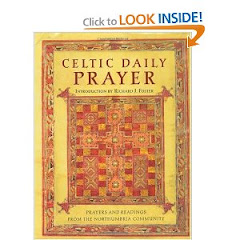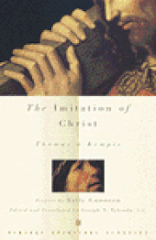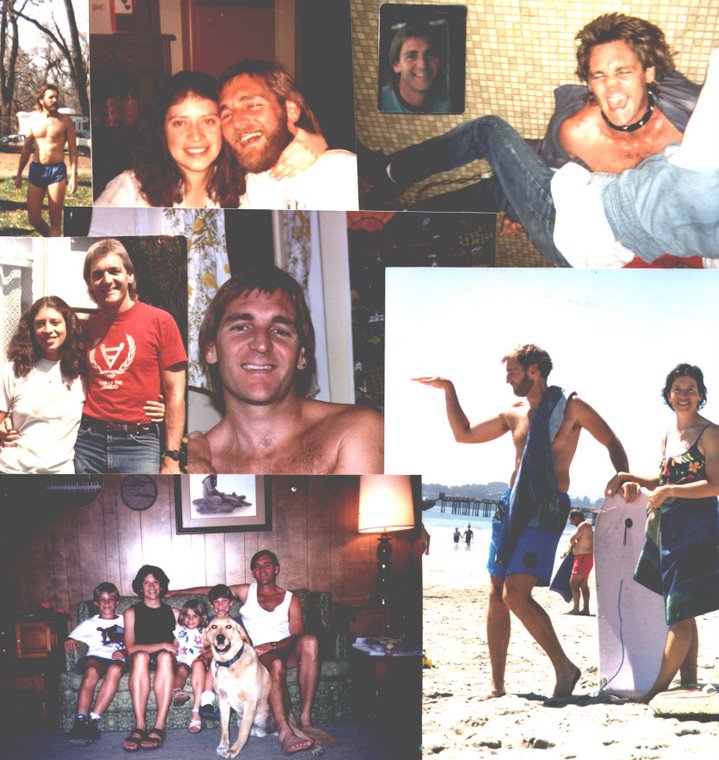I know I suggested reading as many as four books by Philip Yancey recently! Like you all have that kind of time on your hands! The more I thought and prayed about what God has been revealing to me lately, the more I realized that for most of us, (and the church), What's So Amazing About Grace is probably the most important of the four I suggested reading. Granted, the others can be very important for certain people or in specific situations during our lifetimes, (I'll elaborate in a moment,) but the Grace book is . . . well, as Yancey says, "The last best word."
For those of us who are in the depths of despair stemming from physical, emotional and spiritual pain, clearly Where Is God When It Hurts and/or Disappointment With God are a balm for our hearts and souls. And, The Jesus I Never Knew is good for reminding us or depicting for us for the first time, who Jesus was and is in a true sense. But, it is the Grace book that reminds us of our Lord's command to every one of us who calls Him LORD and Savior.
Someone once said, "The greatest cause of atheism today are Christians who profess Christ with their lips, then go out and deny Him by their lifestyle." Christian - adj., belonging to Christ, adherent to Christ; noun, one who belongs to Christ, one who adheres to or abides in Christ. If we call ourselves Christians, do our lives tell others who Jesus is? Do our words and actions bring honor or shame to His Name? This is truly a heavy burden to carry! We bear it (our crosses) by being yoked, (abiding in), the One who promised His yoke is easy and His burden is light.
So, the Grace book is filled with practical stories and illustrations of how we are to live out our lives in Grace, AND, how we are not to. It is full of conviction, but also full of encouragement. It is, in my opinion, the last best word for us as we actively await our Lord and Savior's coming to make all things new. I hope to include some excerpts below which really touched my heart, and spoke God's Truths for me as His child. I also hope and pray you will be inclined to investigate for yourself these truths. Of everything we try to do as Christians, dispensing Grace in love to this broken world . . . to friends and "enemies" alike is the most important outward expression of our faith. You know as well as I do that Christians are often seen being cruel and angry in settings of social controversy; gay rights issues, abortion and more. Somehow, we have to be able to honor Christ by showing love and grace in the midst of these prickly issues that the media loves to make their "front page" news.
In no specific order here are some excerpts that really rung true and often "stung" me as well:
"Grace is Christianity's best gift to the world, a spiritual nova in our midst exerting a force stronger than vengeance, stronger than racism, stronger than hate. Sadly, to a world desperate for this grace the church sometime presents one more form of ungrace."
"Grace comes free of charge to people who do not deserve it and I am one of those people. I think back to who I was -- resentful, wound tight with anger, a single hardened link in a long chain of ungrace learned from family and church. Now I am trying in my own small way to pipe the tune of grace. I do so because I know , more surely than I know anything, that any pang of healing or forgiveness or goodness I have ever felt comes solely from the grace of God. I yearn for the church to become a nourishing culture of that grace." [only by Grace, yep, I get it]
" . . . C.S. Lewis wandered into the room. "What's the rumpus about?" he asked, and heard in reply that his colleagues were discussing Christianity's unique contribution among world religions. Lewis responded, "Oh, that's easy. It's grace." . . . "The Buddhist eight-fold path, the Hindu doctrine of karma, the Jewish covenant, and Muslim code of law -- each of these offers a way to earn approval. Only Christianity dares to make God's love unconditional."
"Aware of our inbuilt resistance to grace, Jesus talked about it often. . . . Yet he never analyzed or defined grace, and almost never used the word. Instead, he communicated grace through stories we know as parables." [And, of course, he lived a life of perfect grace.]
"Ungrace plays like the background static of life for families, nations and institutions. It is, sadly, our natural human state."
Yancey states, "It grieves me that mailings from conservative religious groups read, in tone, much like mailings from the ACLU and People for the American Way. Both sides appeal to hysteria, warn against rabid conspiracies, and engage in character assassination of their enemies. In short, both exude the spirit of ungrace." I agree, and further, people on both sides of the various "culture war" issues take on the same tone. Sadly, those who call themselves Christians and should rightly look "different", can be at least as caustic as the "other side".
"If my activism, however well-motivated, drives out love, then I have misunderstood Jesus' gospel. I am stuck with the law, not the gospel of peace. . . .Jesus declared that we should have one distinguishing mark: not political correctness or moral superiority, but love."
" . . . I believe that dispensing God's grace is the Christian's main contribution. As Gordon MacDonald said, "The world can do anything the church can do except one thing: it cannot show grace." In my opinion, Christians are not doing a very good job of dispensing grace to the world, and we stumble especially in this field of faith and politics."
I'll end with this last excerpt which quotes C.S. Lewis and gets to the "heart" of the matter on a very personal level:
"Christianity has a principle, 'Hate the sin but love the sinner,' which is more easily preached than practiced. If Christians could simply recover that practice, modeled so exquisitely by Jesus, we would go a long way toward fulfilling our calling as dispensers of God's grace. For a long time, C.S. Lewis reports, he could never understand the hairsplitting distinction between hating a person's sin and hating the sinner. How could you hate what a man did and not hate the man?
"But years later it occurred to me that there was one man to whom I had been doing this all my life -- namely myself. However much I might dislike my own cowardice or conceit or greed, I went on loving myself. There had never been the slightest difficulty about it. In fact the very reason why I hated the things was that I loved the man. Just because I love myself, I was sorry to find that I was the sort of man who did those things."
Christians should not compromise in hating sin, says Lewis. Rather we should hate the sins in others the same way we hate them in ourselves; being sorry the person has done such things and hoping that somehow, sometime, somewhere, that person will be cured."
I am only too aware that I cannot do this by myself. Only as Christ is formed in me, only as His Spirit is at work in me, only as my "flesh" is denied each day, can I even begin to be a vessel of Grace. To be His light and love to the world, to His Father's children, requires a constant abiding in Him. This Christian life can only be lived out in the Power of the Holy Spirit, thank God in Jesus Christ for this gift. We fight this spiritual battle one person at a time with Christ's love and grace, it's the only way we "win" the lost back for His sake. Without Grace we alienate the world from His love . . . think about it . . . that is a terrible thing for those of us who have been saved in and of that same Grace.
only by Grace . . . (it rings more true each time I write it),
pat
Subscribe to:
Post Comments (Atom)










No comments:
Post a Comment